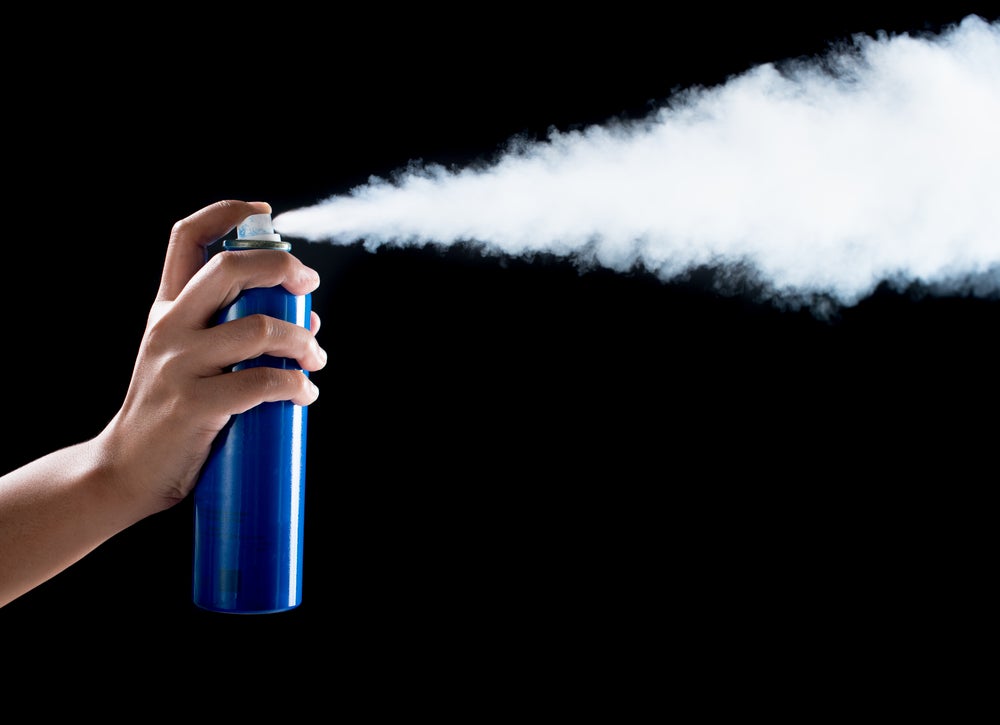
In a recent report, The International Organisation of Aluminium Aerosol Container Manufacturers (AEROBAL) has disclosed that worldwide deliveries of aluminium aerosol cans experienced a substantial growth of 6.6% during the first half of 2023, totalling a little more than 3.2 billion units.
The surge in shipments can be attributed to robust demand from key sectors. Deodorants, hairspray and hair mousses exhibited remarkable growth, each recording an approximate 8% increase compared to the same period in the previous year.
The pharmaceutical sector also saw positive growth, registering a nearly 5% uptick. Notably, deliveries of shaving foams performed exceptionally well, even soaring into the double-digit range.
Conversely, although less voluminous, the food and household products sectors experienced declines of 2.5% and 12.5%, respectively.
Geographical trends: EU and Americas drive growth
Market expansion was particularly prominent in the 27 EU member states, including the UK, and across South and North America, where deliveries surged by 11% and 6%, respectively.
Conversely, demand in Asia, Australia and Africa remained stagnant. Meanwhile, deliveries to the Middle East dipped by approximately 8%.

US Tariffs are shifting - will you react or anticipate?
Don’t let policy changes catch you off guard. Stay proactive with real-time data and expert analysis.
By GlobalDataThe industry’s dedication to sustainability remains unwavering. There is a growing demand for aluminium cans incorporating the highest possible percentage of post-consumer recycled materials.
However, the global supply of high-quality aluminium scrap essential for the intricate production of aerosol cans is limited. Additionally, consistent design for recycling is pivotal to ensure that aluminium aerosol cans can be effectively and safely reintegrated into the recycling loop with minimal material input and packaging complexity.
AEROBAL Secretary General Gregor Spengler emphasised that manufacturers are diligently collaborating with supply chain partners to develop innovative and more sustainable can concepts.
Economic challenges and labour shortages cast a shadow
Despite the current satisfactory demand for aerosol cans, the industry faces challenges stemming from the weakening global economy, persistent inflation and labour shortages.
Inflation, in particular, has sown uncertainty among member companies and consumers alike. Rising interest rates and investment costs for companies, coupled with diminished purchasing power for consumers, have created a volatile environment.
The extent to which these developments will impact the aerosol can industry remains uncertain. Industry leaders are hopeful that continued high investment levels and the resilience of demand for fast-moving consumer goods like aerosol cans will help weather these economic challenges as they navigate the second half of 2023.
Secretary General Spengler concludes with optimism for the industry’s competitive future.



